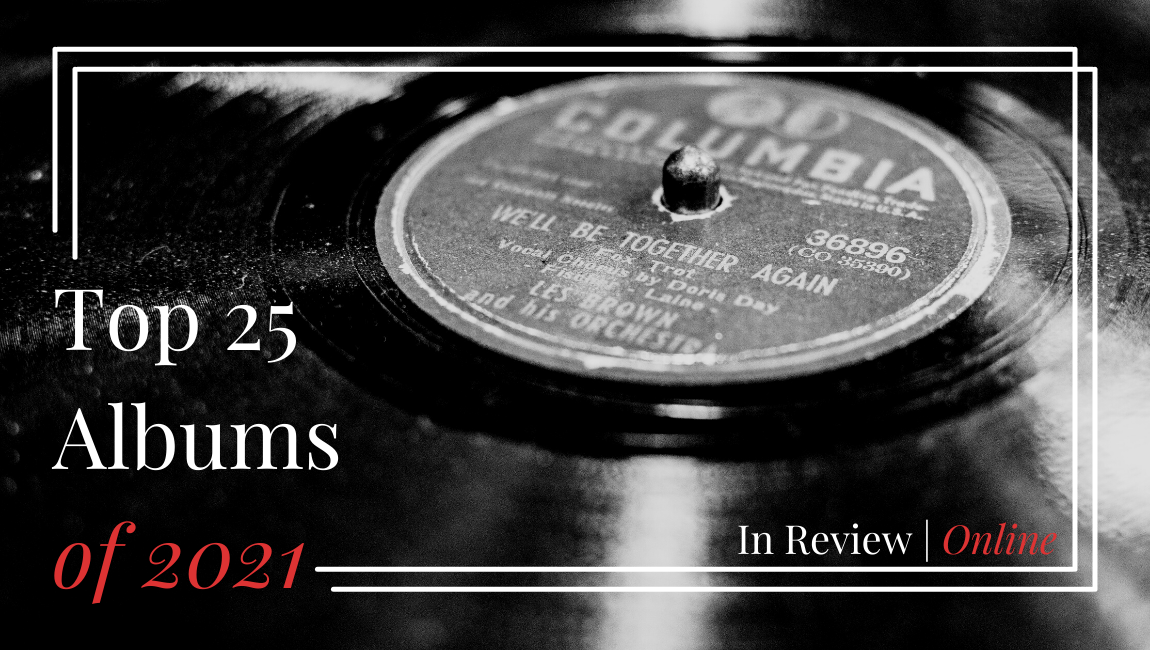Solar Power isn’t an outright failure, but it holds little of the ecstatic energy that defined Lorde’s first two records.
Lorde’s star rocketed in the first half of the 2010s, and rightfully so. Her particular, infectious pop sound spoke to a new generation of fans who also happened to be in her age bracket. After a strong cycle of album sales and a poorly-sold arena tour for 2017’s Melodrama, she skewed reclusive, deleting much of her internet presence and retreating from her a fanbase to whom she was previously communicative. As she trickled back into the public eye in 2021, it was immediately clear that there was something new about her and her sound, and the culmination of these inklings is Solar Power, an introspective work that ultimately questions how long a star’s power can hold.
Melodrama cemented Lorde as the new young pop star for the internet age, with elegant, precise lyrics that matched and elevated the range of emotions found on an average teenage tumblr. Simply put, it was an astounding work from someone who not only had her finger so confidently on the pulse, but who was also in total control of the beat that moved it. That instinct for grace and insight is what makes Solar Power all the more surprising, then, as her latest album by and large manages to miss that mark. The tracks are notably stripped down and slowed, marked by the familiar and lazy production techniques that Jack Antonoff carries with him from record to record. Gone are explosive songs like “Perfect Places” and “Team,” usually opting for a kickdrum and forgettable guitar strum to carry her admittedly still stunning vocals. Her technical talent is still undeniably present, which makes the willful restraint of Solar Power all the more frustrating, flattening all that proved so singular in her previous work.
Despite this frank disappointment, a moderated Lorde album is, at its worst, still listenable. “Fallen Fruit” comes closest to reminding of the artist’s previous highs, though it strikes a more self-consciously serious tone than much of her earlier output, while the title track moves with the familiar slow build of hits like “Buzzcut Season.” But while such comparisons are easy to come to, they also speak to the crucial problem on Solar Power: in recalling these earlier cuts, emphasis is squarely placed on how diminished these sound-alikes are, none of them offering the same sonic and emotional crescendo or proving transformative of either her catalog or preferred genre. Lorde even admits to a disconnect with what’s popular in music, noting that she hasn’t spent her time getting involved in any current cultural movements. It shows. While it’s a worthy enough effort in a vacuum, the enduring, overwhelming impression is that Lorde’s connection to the world around her is what has always made her music feel so present and real, and in losing that thread, she here loses something essential. In the cracks of the album, there are moments where Lorde still shines brightly. It’s not enough to redeem Solar Power, but it is enough to reminding us of what has been, and what could still be in the future.
Published as part one Album Roundup — August 2021 | Part 2.







